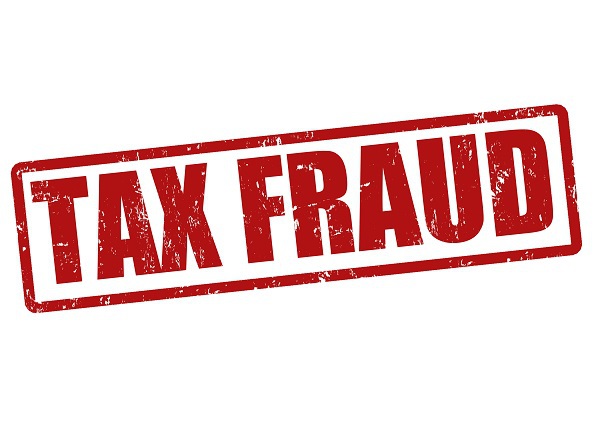There are many different types of crimes involving fraud, but one of the most common types is tax fraud. While some people intentionally commit tax fraud, others may not realize they have committed a crime until they find out they are being investigated. Here’s what you need to know about being charged with tax fraud:
What is Tax Fraud?
Tax fraud is committed when someone enters false information on a tax return in order to reduce the taxes they owe. This can occur in a handful of ways. Some defendants are accused of claiming false deductions or failing to report all of their income to reduce their tax liability, while others are accused of trying to pass off their personal expenses as business expenses.
Because both businesses and individuals must pay taxes, both business entities and individuals can face legal consequences for committing tax fraud.
Determining the Taxpayer’s Intent
The tax code is incredibly complex, so it’s not hard to see why many people make mistakes when filing their taxes. Not every error on a tax return is considered tax fraud. Unintentionally making a mistake on a tax return will not lead to criminal charges. However, if you intentionally provided false information in order to reduce your tax liability, you can be charged with this crime.
How can investigators determine someone’s intent? The IRS will usually assume that tax return errors are unintentional unless they have reason to believe otherwise. Some of the signs that the taxpayer intentionally committed fraud include:
- Using someone else’s Social Security number on the tax return
- Records that show the taxpayer tried to conceal or transfer income
- Falsified documents
These signs indicate that the taxpayer knew exactly what he was doing when he provided false information to the IRS. In cases like these, the taxpayer can be charged with tax fraud. Charges are usually not brought against the accused until the IRS has completed a thorough investigation into the matter.
If it is determined that the taxpayer unintentionally made a mistake, he could face a financial penalty for the error, but he won’t face criminal charges.
Tax fraud is a serious crime that carries many criminal and civil penalties. If you have been accused of tax fraud, speak to the criminal defense lawyers at Reisch Law Firm right away. Tax fraud cases are complex, but our team has the legal resources and dedication that is needed to fight these charges. Schedule a free consultation today by calling 303-291-0555 or filling out this online form.


